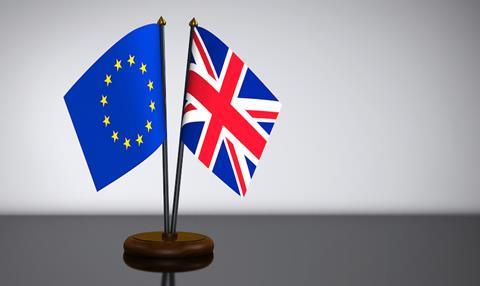A new study by the LSE Centre for Economic Performance has found that the increase in UK-EU trade barriers has led to a 6% increase in food prices in the UK over the period between the end of 2019 and September 2021 compared with December 2019.

LSE ruled out Covid-19 as a factor to the price changes, as key events in the pandemic are “not obviously correlated with the changes”.
The report concluded that the UK’s exit from the European Union led to a large increase in barriers to trade with its largest trading partner. It found UK imports from the EU fell by 25% relative to UK imports from the EU in 2021. However, the report notes that there is significant variation across product types in terms of the extent, timing and duration of the effect.
It stated that Brexit has affected UK businesses’ production. Two-thirds of international trade is in intermediate products used for production by domestic businesses and there has been a relative fall in imports from the EU used as intermediate inputs.
The authors of the report said that many UK supply chains are re-adjusting to the post-TCA trading environment by decreasing integration with the EU relative to integration with the rest of the world. They added, however, that extra red tape, customs controls and taxes may have hit European businesses hard.
There is evidence that some sectors began to reorganise their supply chains away from EU countries from 2019 onwards before the implementation of the TCA in anticipation of a change to trading arrangements. The report also found evidence of stockpiling just before the implementation of the TCA for some sectors.
The government said it was ensuring businesses had the support they need to trade with Europe. Full border checks are still yet to be implemented though. They have been delayed until July and there have been suggestions they might be put back again.
This story was originally published on a previous version of the Meat Management website and so there may be some missing images and formatting issues.












